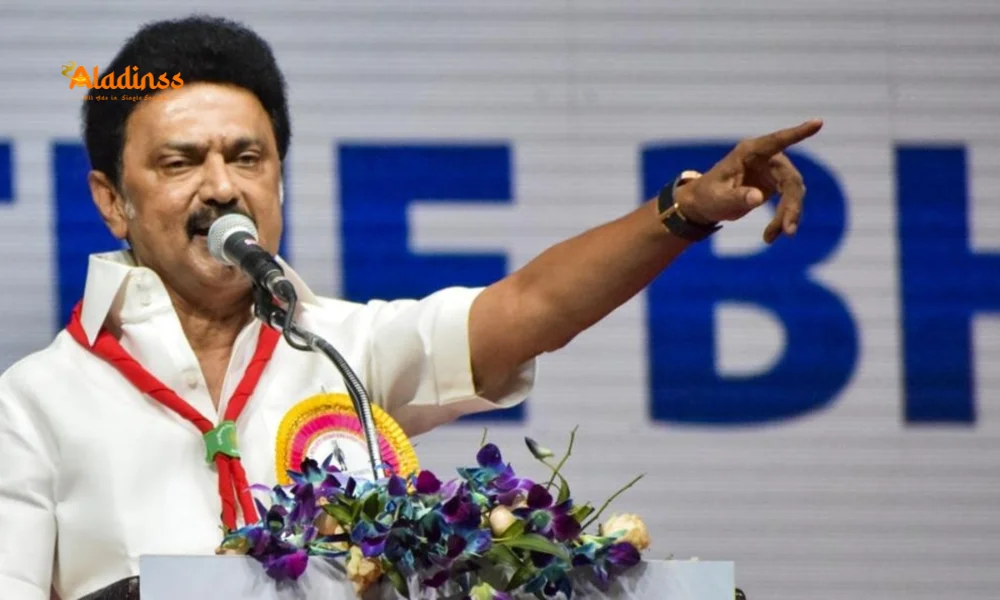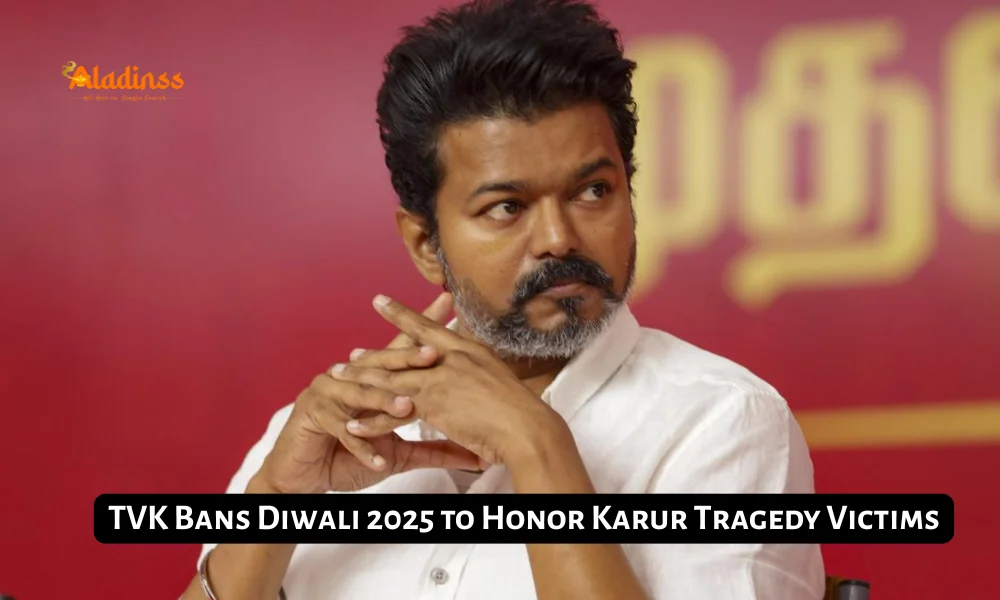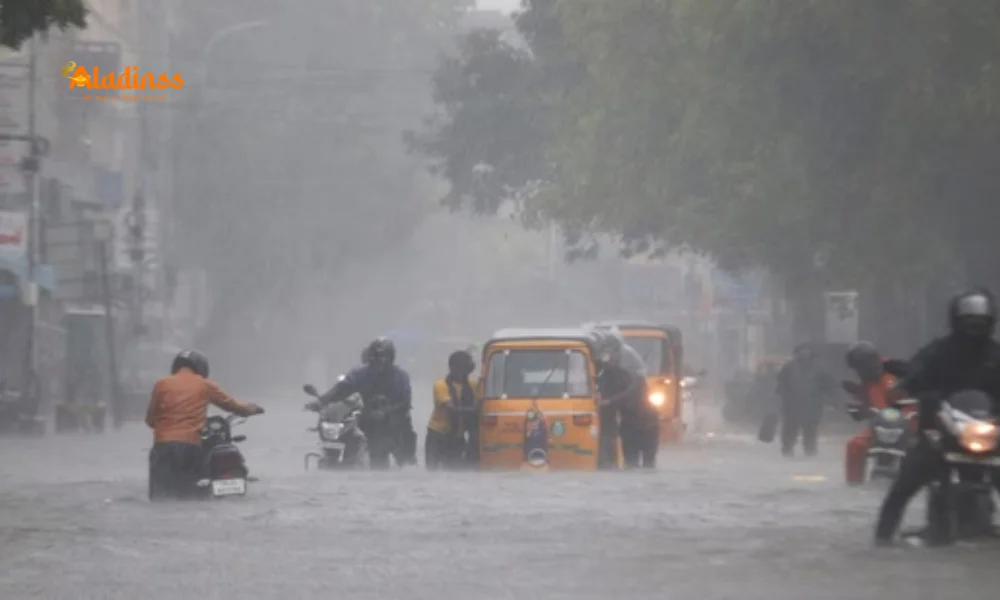Murthys Refuse Karnataka Caste Census Amid Delays
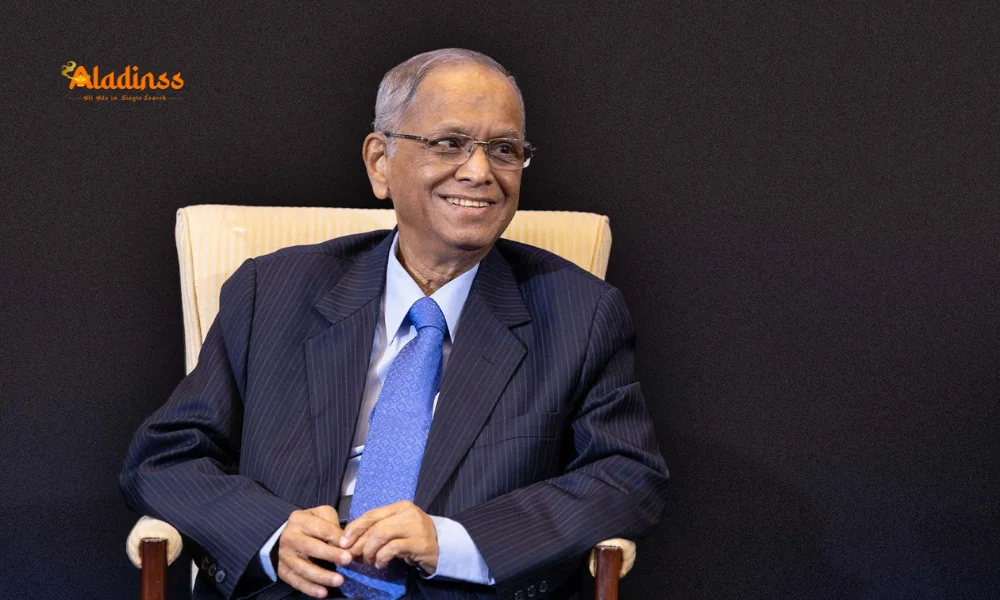
Narayana and Sudha Murthy Opt Out of Karnataka Caste Census Amid Survey Snags
In a notable development during the ongoing Karnataka caste census, Infosys co-founder Narayana Murthy and his wife, acclaimed author and philanthropist Sudha Murthy, have politely declined participation in the state's ambitious socio-economic survey. Citing their non-affiliation with any backward category, the couple submitted a written note to enumerators, emphasizing that their involvement would yield no actionable insights for policymakers. This Karnataka caste census, launched on September 22, 2025, by the Congress-led government, aims to map social hierarchies for equitable resource allocation but is already grappling with urban resistance and logistical hurdles.
The survey, overseen by the Karnataka State Commission for Backward Classes, features a comprehensive questionnaire with 60 primary queries and 20 sub-questions probing caste, income, education, and assets. While the Murthys' stance reflects personal choice in a voluntary exercise-as affirmed by the Karnataka High Court-their high-profile abstention underscores broader debates on data privacy and relevance in elite circles. Meanwhile, Bengaluru's rollout has exposed cracks, from resident pushback to enumerator burnout, threatening the 15-day completion timeline.
As the Karnataka socio-economic survey progresses statewide, achieving 85.89% household coverage, the Greater Bengaluru Authority lags at a mere 19.62%, hampered by the city's dense demographics and tech-savvy skepticism. Deputy Chief Minister D.K. Shivakumar, who endured the lengthy form on launch day, urged simplifications, noting urban impatience with exhaustive interrogations.
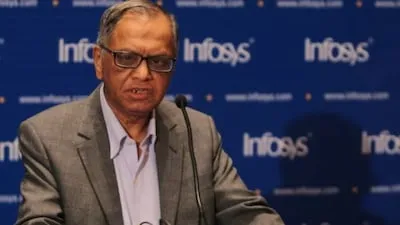
The Murthys' Principled Stand: No Backward Ties, No Need for Data
Narayana Murthy, the visionary behind Infosys's global ascent since 1981, and Sudha Murthy, whose literary works and Infosys Foundation philanthropy have touched millions, represent self-made success unbound by caste quotas. When survey officials visited their Bengaluru residence on October 15, 2025, the duo conveyed their disinterest succinctly: "We do not belong to any backward category and hence, the survey would not be of any use to the government in their case." This written rebuttal on the official form aligns with their public ethos of meritocracy over identity politics, echoing Murthy's past critiques of reservation systems in corporate hiring.
Their refusal isn't isolated; it mirrors sentiments among urban professionals wary of data under the Digital Personal Data Protection Act, invoked in consent forms for the Karnataka caste census. The couple's stature amplifies the narrative, potentially inspiring similar opt-outs and fueling opposition BJP's accusations of intrusive overreach by Chief Minister Siddaramaiah's administration.
Historically, the Murthys have championed education and rural upliftment sans caste lenses-Sudha's novels like "Wise and Otherwise" highlight universal human struggles. Their abstention, while lawful, spotlights the survey's equity paradox: How does one quantify privilege when icons like them deem it immaterial?
Launch and Design: A Deep Dive into the Socio-Economic Questionnaire
Initiated to fulfill Congress's 2023 manifesto pledge, the Karnataka socio-economic survey seeks granular data absent from the decennial census since 1931. Spanning 80 questions in total, it dissects demographics across 5,000+ castes, sub-castes, and socio-economic strata, with digital tablets aiding real-time uploads. The Karnataka State Commission for Backward Classes crafted it post-extensive consultations, aiming to refine the 50% reservation cap amid OBC demands for hikes.
Yet, the form's verbosity-covering land holdings, vehicle ownership, and migration patterns-has drawn flak. Shivakumar, after his October 1 session, quipped, "There are too many questions. I told them to ask fewer questions. People have no patience in cities." Enumerators, often schoolteachers on deputation, report 45-minute interviews per household, clashing with Bengaluru's fast-paced ethos.
The survey's voluntary tag, upheld by the High Court on October 4, 2025, against stay pleas, emphasizes consent but hasn't quelled fears of coerced participation or data misuse. With 7 crore residents targeted, it's a herculean task blending fieldwork and AI analytics for unbiased outputs.
- Core focus: Caste enumeration for reservation recalibration.
- Digital edge: Tablets for geo-tagged entries, reducing errors.
- Timeline: Extended beyond initial 15 days due to urban delays.
- Scope: All households, voluntary opt-in with privacy safeguards.
Urban Resistance and Rural Disparities: Survey's Rocky Road
Bengaluru, the survey's epicenter, epitomizes challenges: Only 19.62% coverage in the Greater Bengaluru Authority versus statewide 85.89%. Residents like Hebbal's anonymous voice decry "emotional blackmail"-teachers threatening salary cuts for non-compliance-while apartments cite privacy invasions. Technical glitches in the app, long hours for enumerators (up to 12 daily), and protests over ward reassignments compound woes.
Rural areas fare better, with higher cooperation tied to quota hopes, but echoes 2015's aborted effort plagued by similar non-cooperation. The extension announced October 7, 2025, acknowledges these, allocating extra resources amid teacher unions' strikes. Critics argue the "way too long" format alienates millennials, while proponents see it vital for targeted welfare.
Social media buzz, including News18's viral post on the Murthys, amplifies grievances, with users debating caste's relevance in modern India. This urban-rural chasm risks skewed data, undermining the survey's equity mandate.
Political Stakes: From Reservations to Electoral Calculus
For Siddaramaiah's government, the Karnataka caste census is a high-wire act: Success could justify OBC quota expansions, bolstering Lingayat-Vokkaliga balances ahead of 2028 polls. Failure, however, invites BJP barbs on inefficiency, as seen in assembly jabs over delays. The 2015 fiasco, halted mid-way, haunts this revival, with opposition alleging it's a diversion from economic woes like unemployment.
Nationally, it revives the caste census clamor post-Bihar's 2023 exercise, pressuring the Centre for a 2026 inclusion. Experts like those at the Centre for Policy Research warn of politicization, yet laud its potential for evidence-based affirmative action. The Murthys' opt-out, while apolitical, subtly critiques over-reliance on caste metrics in a globalized economy.
As enumeration intensifies, safeguards like anonymized reporting under DPDP rules aim to build trust. Shivakumar's push for brevity signals adaptations, but true success hinges on inclusive outreach.
Looking Ahead: Lessons and Legacy of Karnataka's Data Quest
The Karnataka socio-economic survey's teething troubles mirror India's federal experiment in social mapping-complex, contentious, yet crucial. With extensions likely, officials eye November completion, followed by data triangulation for policy tweaks like enhanced scholarships or land reforms. The Murthys' graceful dissent reminds us: Data serves society, not silos.
Ultimately, this endeavor could redefine equity in a diverse state, bridging divides if navigated wisely. As Bengaluru buzzes with half-filled forms, the real census is of wills-will cooperation prevail over cynicism?
In wrapping up, the Karnataka caste census stands at a crossroads, its outcomes poised to shape not just reservations but the very fabric of social justice in southern India.
Comment / Reply From
No comments yet. Be the first to comment!
